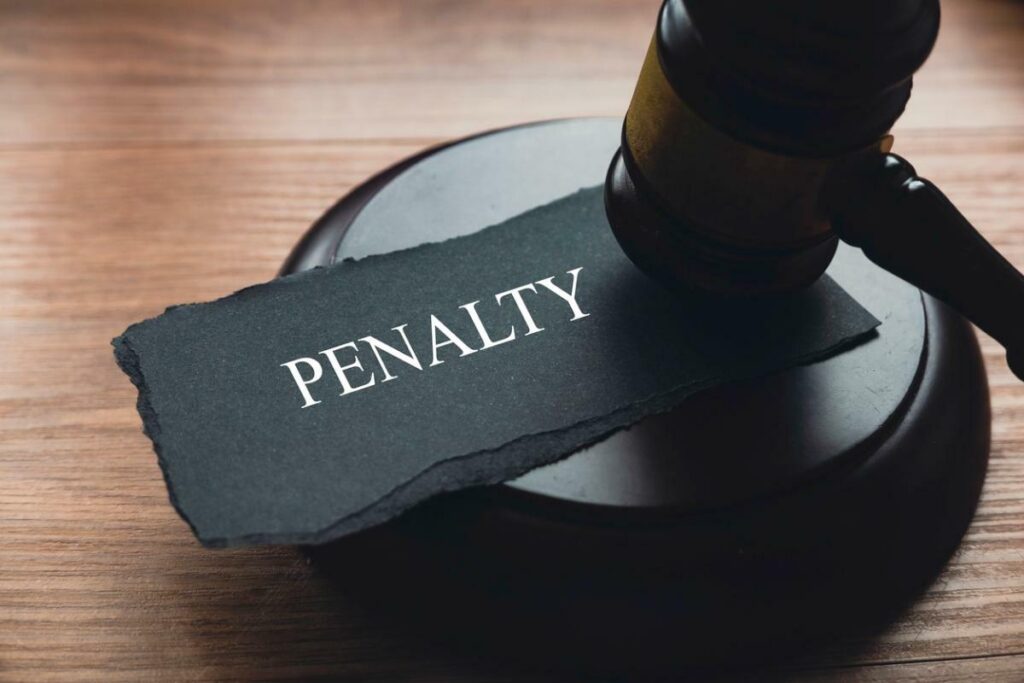The Texas State Board of Public Accountancy (TSBPA) licenses and regulates certified public accountants (CPAs). Therefore, TSBPA also investigates and prosecutes CPAs and CPA firms for alleged violations of the Public Accountancy Act or TSBPA rules. The TSBPA recently made headlines when it announced the imposition of a $3 million administrative penalty against Ernst & Young LLP, the largest penalty the TSBPA has assessed against a CPA firm in history.
The sanctions that CPAs may receive due to disciplinary proceedings can be severe. As a result, contacting an experienced Texas CPA license lawyer can be critical. If you receive notice of a complaint against you from the TSBPA, your first move should be to contact the TSBPA.
The Ernst & Young Administrative Penalty
In the recently publicized disciplinary case before the TSBPA, Ernst & Young (EY) was the subject of a Securities and Exchange Commission (SEC) order involving various Texas CPAs employed by EY who cheated on ethics examinations and a variety of other examinations required to maintain their Texas CPA licenses. Furthermore, according to the SEC, EY withheld this professional misconduct from SEC staff during its investigation. The outcome of the disciplinary action was an Agreed Consent Order in which EY received a public reprimand and a $3 million administrative penalty.
The Texas disciplinary case before the TSBPA comes more than a year after the SEC imposed the largest penalty against an audit firm based on the same facts. In June 2022, the SEC announced that it had charged EY with cheating by its audit professionals on exams required to maintain their CPA licenses. Furthermore, EY knowingly failed to disclose the CPAs’ misconduct from the SEC’s Enforcement Division during its investigation. In response, EY admitted to the facts underlying the charges, agreed to pay a $100 million penalty, and began extensive remedial measures to cure its ethical issues.
EY admitted that over several years, many of its audit professionals cheated on certain components of CPA exams and other continuing professional education courses they were required to complete to maintain their CPA licenses. The affected components of the exams included ethics sections and courses designed to ensure that CPAs can properly evaluate whether client’s financial statements comply with generally accepted accounting principles.
Furthermore, EY admitted telling the SEC that it had no current issues with cheating when, in fact, the firm had knowledge of cheating that had occurred on CPA ethics examinations. EY did not correct its representations to the SEC, even after it launched an internal investigation into the reports of cheating, confirmed that cheating had occurred, and discussed the matter with members of the firm’s senior management. Additionally, EY refused to cooperate with the SEC investigation into its materially misleading statements to the SEC.
In addition to the $100 million SEC penalty, EY must retain two independent consultants to remedy its deficiencies. One consultant will complete a review and revision of company policies and procedures concerning ethics and integrity. The second consultant will focus on EY’s conduct in failing to disclose correct information during the SEC investigation.
The SEC enforcement action is based on EY’s admission to violating the Public Company Accounting Oversight Board (PCAOB) rule that requires it to maintain integrity in performing a professional service. EY also admitted to committing acts discreditable to the accounting profession and failing to maintain an appropriate quality control system.
Conclusion
The recent disciplinary case involving Ernst & Young LLP (EY) underscores the severe consequences that certified public accountants (CPAs) and CPA firms can face for alleged violations of the Public Accountancy Act or TSBPA rules. EY’s imposition of a $3 million administrative penalty by the Texas State Board of Public Accountancy (TSBPA) represents the largest penalty ever assessed against a CPA firm in history, highlighting the gravity of the situation. The case stemmed from EY’s admission that many audit professionals cheated on various components of CPA exams and continuing professional education courses, including ethics sections crucial for upholding professional standards. Additionally, EY knowingly failed to disclose this misconduct to the SEC during its investigation, leading to further penalties and remedial measures. This case is a stark reminder of the importance of integrity and compliance within the accounting profession. It underscores the need for CPAs facing disciplinary proceedings to seek experienced legal counsel promptly. As the consequences of disciplinary actions can be severe, proactive measures, such as consulting a knowledgeable Texas CPA license lawyer, are essential for protecting one’s professional reputation and livelihood.
Defend Yourself Against Disciplinary Proceedings Involving Your CPA License
Don’t allow a single complaint from a disgruntled client to affect your career negatively. Disciplinary action that adversely affects your professional license can greatly harm your ability to earn a living. If you are facing disciplinary proceedings, we can help you take the steps necessary to challenge the allegations against you in your disciplinary proceedings. Contact an accountant license defense attorney at Bertolino LLP, for advice today. Make an appointment by calling (512) 515-9518 or contact us online to see how we can help.
Call or text (512) 476-5757 or complete a Case Evaluation form






